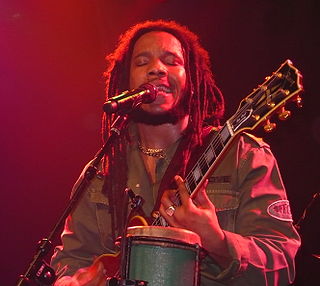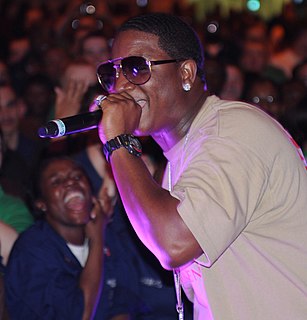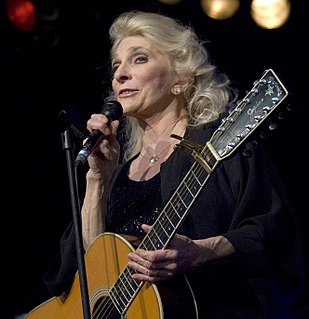A Quote by Spike Jonze
The invention of the iPod changes how you use music. Suddenly you have music everywhere.
Related Quotes
In the 1960s when the recording studio suddenly really took off as a tool, it was the kids from art school who knew how to use it, not the kids from music school. Music students were all stuck in the notion of music as performance, ephemeral. Whereas for art students, music as painting? They knew how to do that.
Right after the keynote in which Steve Jobs introduced the iPod Shuffle, I went backstage with one question in mind: What makes an iPod an iPod? By then - January 11, 2005 - I had staked my own claim to iPod expertise, having written a 'Newsweek' cover story about Apple's transformational music player, and I was writing a book on it.
The iPod is clearly a tipping point (and I'm not quite sure it is a wholly positive development), because it is a revolution in the way that we consume creative property, which I would call art. It has radically changed the relationship between the artist and the audience, how money changes hands, and how much money changes hands. Music was the first, and books are coming next. The Kindle or some form of electronic book is clearly inevitable, and it will massively reshape how books are sold, who pays for them, and how they're consumed. It is going to be really fascinating.
It's emotion. When you are watching a movie you see a woman sitting with her daughter and looking in her eyes and you see butterflies flying in the background and then you suddenly hear scary movie music and it changes the whole thing. But if something sounds different it changes the movie. Music is the back drop of what you talk about.
The joy is actually in the music. It's the music that supports you and tells you what to do. It tells you how to fill the music. You don't have to be shy about feeling the music when you're singing. If you believe in music-the power of music-the music will support you and take you to another dimension.






































